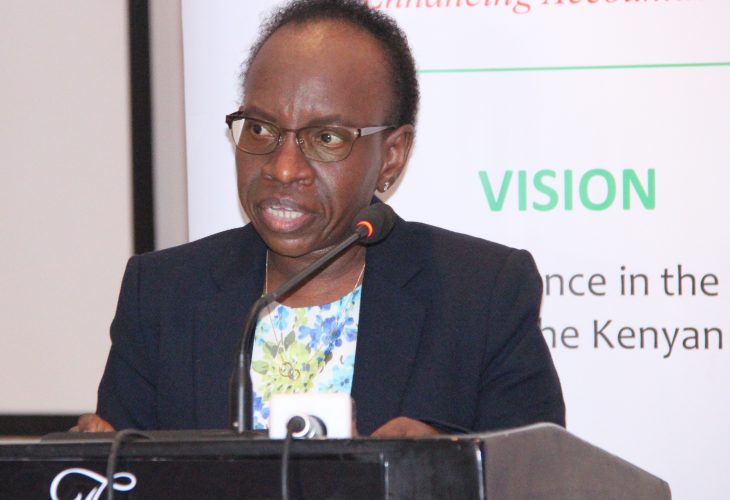Acquisitions
Auditor General Raises Concern Over Parastatal Finances

The International Monetary Fund (IMF) pressure to ensure that State corporations are self-sustaining has left many of them in dire straits and starved of cash.
Kenya Bureau of Standards (Kebs) is the latest casualty of the cash crunch following a budget deficit of Sh1.5 billion for the fiscal year ended in June 2021, according to the Auditor-General’s latest report.
The agency now joins the ranks of National Museums of Kenya (NMK), the National Oil Corporation of Kenya, the Kenya Post Office Savings Bank (Postbank) that are in the red.
Others are the Postal Corporation of Kenya (PCK), Nzoia Sugar and National Environment Management Authority. The Bretton Woods institution has already got the government to sell its stake in Kenya Airways and even as Kenya Power increases tariffs to break even.
“Addressing vulnerabilities at Kenya Airways and Kenya Power and Lighting Company is urgent, along with strengthening the governance framework for State-owned corporations,” it said.
“Planned reviews of the fuel pricing mechanism and the audit of extrabudgetary spending are also important. High vulnerability to climate change calls for multi-faceted policy action,” said the lender in its latest funding review of the government.
The cost of maintaining the once-profitable organisations afloat has increased with the addition of at least seven parastatals to the list of more than 16 cash-strapped State-owned enterprises that the Auditor General has declared insolvent this year.
The pressure from the IMF to adopt extensive changes in State-owned enterprises is likely to resurrect discussion about the need for the government to exit the corporate world.
In a recent report presented to Parliament, Auditor-General Nancy Gathungu said NMK’s liabilities for 2020/21 surpassed its assets at Sh276.85 million versus Sh 137.68 million, resulting in a working capital deficit of Sh 139.17 million.
National Oil, which was declared insolvent last week, boosted its losses from the previous fiscal year’s Sh3.06 billion to Sh4.03 billion for the period ending in June 2021. Current liabilities of Sh8.95 billion were greater than the current assets of Sh2.65 billion during the same time period.
This means that the corporation is therefore technically bankrupt, and unless the management improves its performance to lessen reliance on financial support from the shareholders, its continued existence is dependent upon the financial support of the government, bankers, and its creditors.
When it became clear that customer savings and deposits totalling Sh21.8 million exceeded the lender’s total assets of Sh14.5 billion in November, Postbank was notified, while PCK received a red alert in April.








